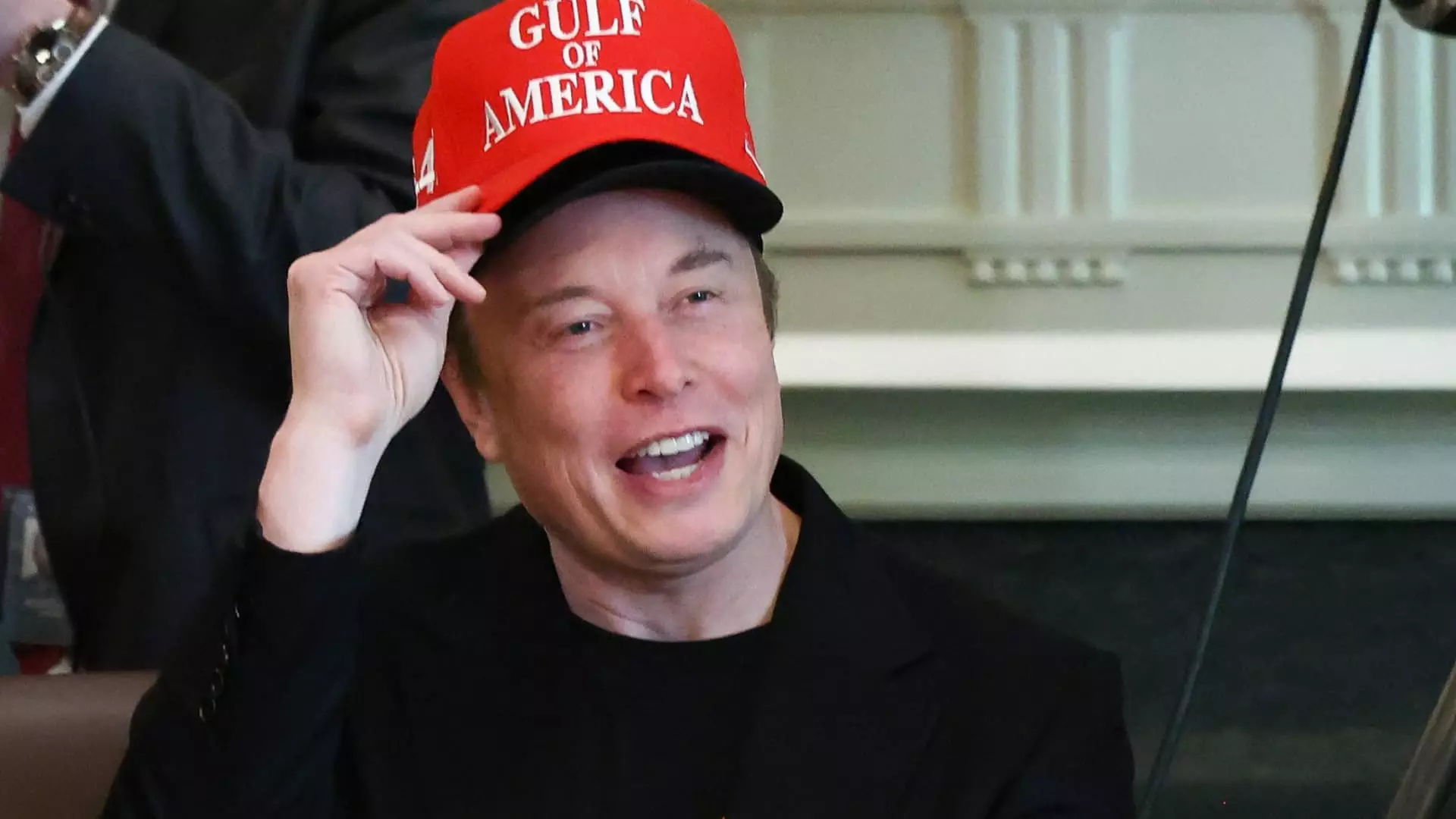Elon Musk’s foray into governmental affairs has been a whirlwind of activity and, unsurprisingly, controversy. Appointed as a special government employee under the second Trump administration, he was tasked with leading the Department of Government Efficiency. This initiative ostensibly aimed to dismantle bureaucratic waste and make government functioning more streamlined. The ambitious nature of this goal reflects Musk’s larger-than-life persona, but questions linger about the efficacy of such a brief tenure and the tangible results of his efforts. With Musk having capped his stint at a designated 130 days, one wonders if his impact was superficial in nature, merely business as usual masked under the guise of ‘innovation’.
The Praise and Critique of Government Spending
Musk’s expression of gratitude towards President Trump for “the opportunity to reduce wasteful spending” paints a contentious picture. While the intention to cut down on unnecessary governmental expenditures is commendable, one cannot ignore the potential ramifications of his outspoken criticism of Trump’s spending bill. How does one balance efficiency with the necessity of funding essential services? In a forthcoming CBS interview, Musk stated that this spending bill undermined his efforts with the DOGE initiative, revealing the problematic intersection of personal ambition and public policy. Such statements not only expose the volatility within government partnerships but also highlight a lack of cohesiveness in strategic objectives.
Musk’s Dual Identity: Innovator or Government Employee?
Musk’s dual role as the CEO of multiple high-profile companies, coupled with his involvement in government, raises significant questions about priorities and potential legal entanglements. While he has made it known that he intends to devote more time to Tesla and SpaceX, indications of legal risks stemming from alleged federal law violations during his time with DOGE cannot be ignored. Indeed, the relationship between his corporate interests and government roles appears complicated and fraught with challenges. The insistence by pension fund leaders that he devote at least 40 hours a week to Tesla as a condition for further CEO compensation reveals underlying tensions regarding accountability.
Future Implications for Government and Technology
As the landscape of American governance evolves, the implications of Musk’s tenure may shape future interactions between the tech sector and government institutions. The passage of time will reveal whether his initiatives—especially those launched under the banner of DOGE—will endure or dissipate into mere anecdotal history. The fact that Musk continues to maintain an office in the White House indicates his commitment to influencing government policy, but it also raises eyebrows about the interconnectedness of private enterprise and state governance.
The enthusiasm with which Musk approached his government role might have been aimed at fostering progress, yet his exit may serve as a reminder that the challenge of reforming public institutions is an inherently complex endeavor that often requires sustained effort beyond the calendar’s limits. The future of governmental efficiency initiatives, particularly those influenced by Musk’s vision, now hangs in a delicate balance, and only time will tell if the repercussions of his brief but noteworthy presence will contribute positively or negatively to systemic change.

